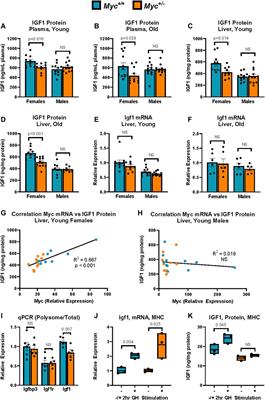EDITORIAL
Published on 22 Aug 2024
Editorial: MYC as a disease target beyond cancer
doi 10.3389/fcell.2024.1467372
- 557 views
12k
Total downloads
53k
Total views and downloads
You will be redirected to our submission process.
EDITORIAL
Published on 22 Aug 2024
MINI REVIEW
Published on 23 Jul 2024
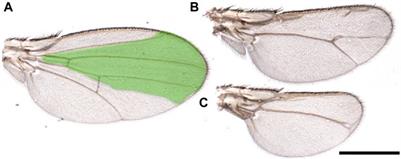
ORIGINAL RESEARCH
Published on 19 Jul 2024
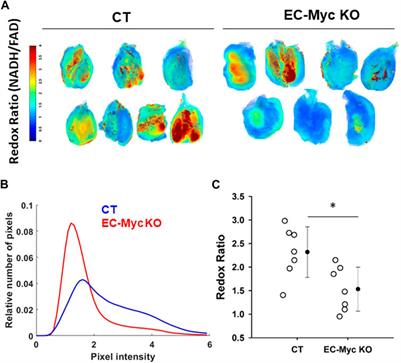
REVIEW
Published on 21 Mar 2024
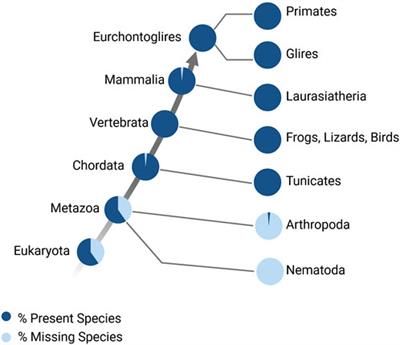
REVIEW
Published on 06 Mar 2024
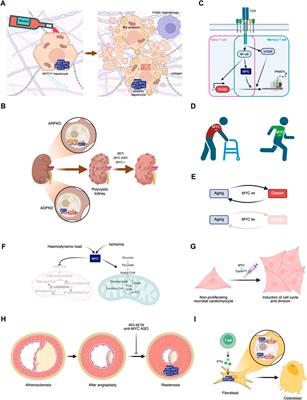
ORIGINAL RESEARCH
Published on 28 Feb 2024
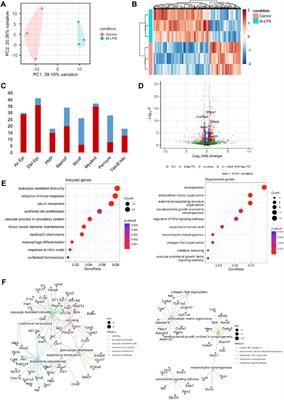
ORIGINAL RESEARCH
Published on 28 Dec 2023
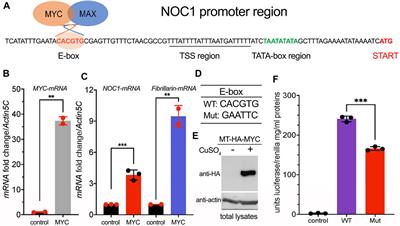
REVIEW
Published on 05 Dec 2023
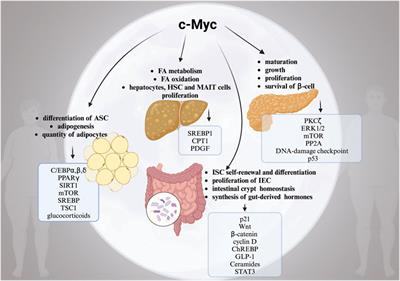
PERSPECTIVE
Published on 21 Nov 2023
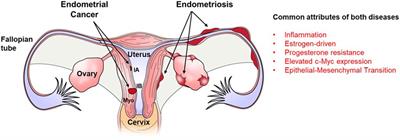
ORIGINAL RESEARCH
Published on 17 Nov 2023
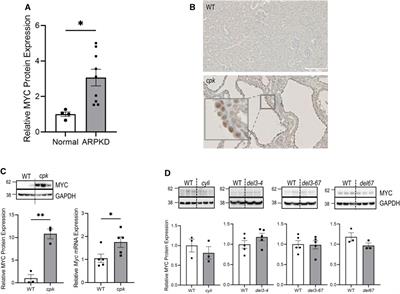
REVIEW
Published on 24 Oct 2023
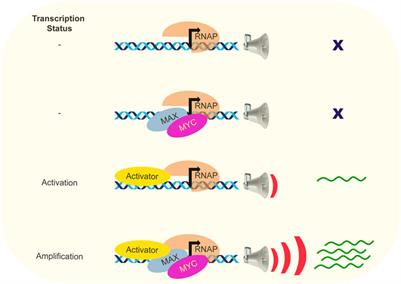
ORIGINAL RESEARCH
Published on 16 Oct 2023
